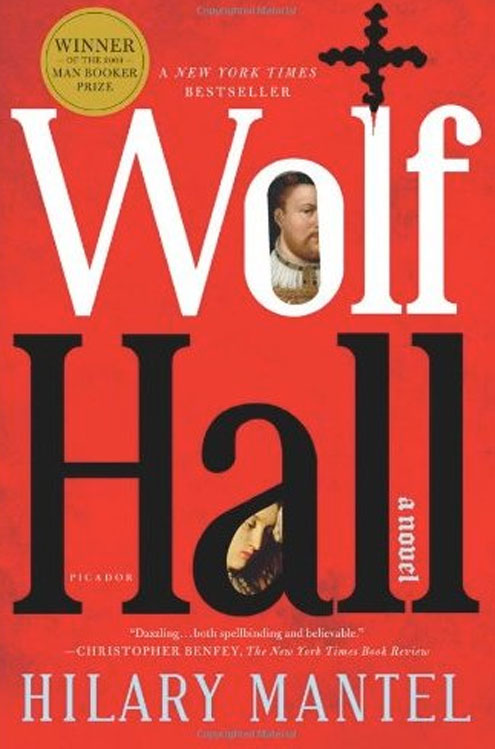Everybody knows the best way to stop a vampire in his tracks is a wooden stake through the heart. A silver bullet is the solution for your werewolf trouble. And zombies? Nerf darts are the way to go.
At least that’s the way the members of the University of Alabama Humans vs. Zombies Club see it. The group has been protecting the University from zombie attacks since its formation in February 2011. They play a version of the original “Humans vs. Zombies” game, first developed in 2005 at Goucher College in Maryland and currently carried out on college campuses nationwide.
The staging area for a UAHVZ campaign is an impressive sight. Club members gather around a picnic table stacked beyond capacity with Nerf blasters of every shape and size imaginable, an armory of vibrant yellow plastic. They shove orange foam ammunition into cartridges, bandoliers, pouches and pockets, swapping stories of the most recent additions to personal arsenals and where to find the best deals on gear.
Today’s hot commodity is “The Rayven,” a fierce-looking number with glow-in-the-dark capabilities, and Target seems to be the consensus top-spot for scoring new weaponry at a reasonable price.
Sarah Johnson, a junior majoring in mechanical engineering and the group’s communications director, said she personally owns at least 25 Nerf guns. As serious as the players are about their equipment, they really get down to business when it comes to the mission at hand.
“When things start getting heavy up here ahead, we’ll be talking a lot less,” said Forrest Williams, a senior majoring in psychology and philosophy and today’s human team leader.
The humans’ objective is to safely transport Williams along the banks of the Black Warrior to a pre-planned objective point. The zombies’ responsibility, naturally, is to eat the brains (read: firmly tag the body) of any human in sight. They leave early to hide behind trees and in ditches along the way.
“It’s all about the sneak attack,” said Blake Franklin, a senior majoring in music therapy and one of the zombies for today’s proceedings.
Light-hearted equipment talk quickly vanishes as the humans prepare to put their weapons to use, moving cautiously toward the objective, constantly scanning their surroundings for movement.
They don’t have to wait long.
Franklin, far nimbler than the stereotypical Hollywood flesh-eater and bearing the game’s telltale zombie head bandana, comes loping out from a clump of trees for an assault on the party’s rear flank. His attack is short-lived, however, as he is met with a flurry of orange projectiles accompanied by a symphony of mechanical “chk-chks.” He is forced to count to 30 before resuming his chase, but more walking dead await the group.
By now, the crew has harvested a bountiful crop of perplexed expressions from “civilian” passersby. After all, it’s not every Sunday afternoon one sees 16 college students armed to the teeth with bright yellow rifles combat zombie hordes. The club is careful to respect the space of people walking by, and Williams said most are receptive to the club’s activity.
“Most people smile, chuckle and ask what we’re doing, then ask when they can join in,” Williams said. “One time, we had this 60-year-old lady ask if she could play with us. So, we handed her a blaster, and she took one shot and decided she was through.”
The tireless zombie offensives take their toll on the circle of humans, their numbers dwindling as they trudge slowly through the trees along the riverbank. Even Williams falls prey to a stealthy lunge and joins the drooling mass of undead.
The human phalanx finally breaks, and Brandon Gilliam, a freshman majoring in criminal justice playing for his first time, makes a mad dash for the objective. He beats out several zombies in hot pursuit to become the sole human survivor of today’s game.
The crew heads back to the starting point, combing the ground for equipment dropped during the heat of battle. The picnic table is once again heaped with plastic as orange darts and ammo clips are divvied up and returned to their owners.
The campus is safe for at least one more afternoon. The club decides to call it a day, but not without making plans to do it all over again two weeks down the road.
The club meets to play in various locations at 2 p.m. every other Sunday. Johnson encouraged interested students to contact the group for more information at uahvzc@gmail.com.
“I’m hooked,” Gilliam said. “Once you’ve gone through a zombie apocalypse, you never go back.”









